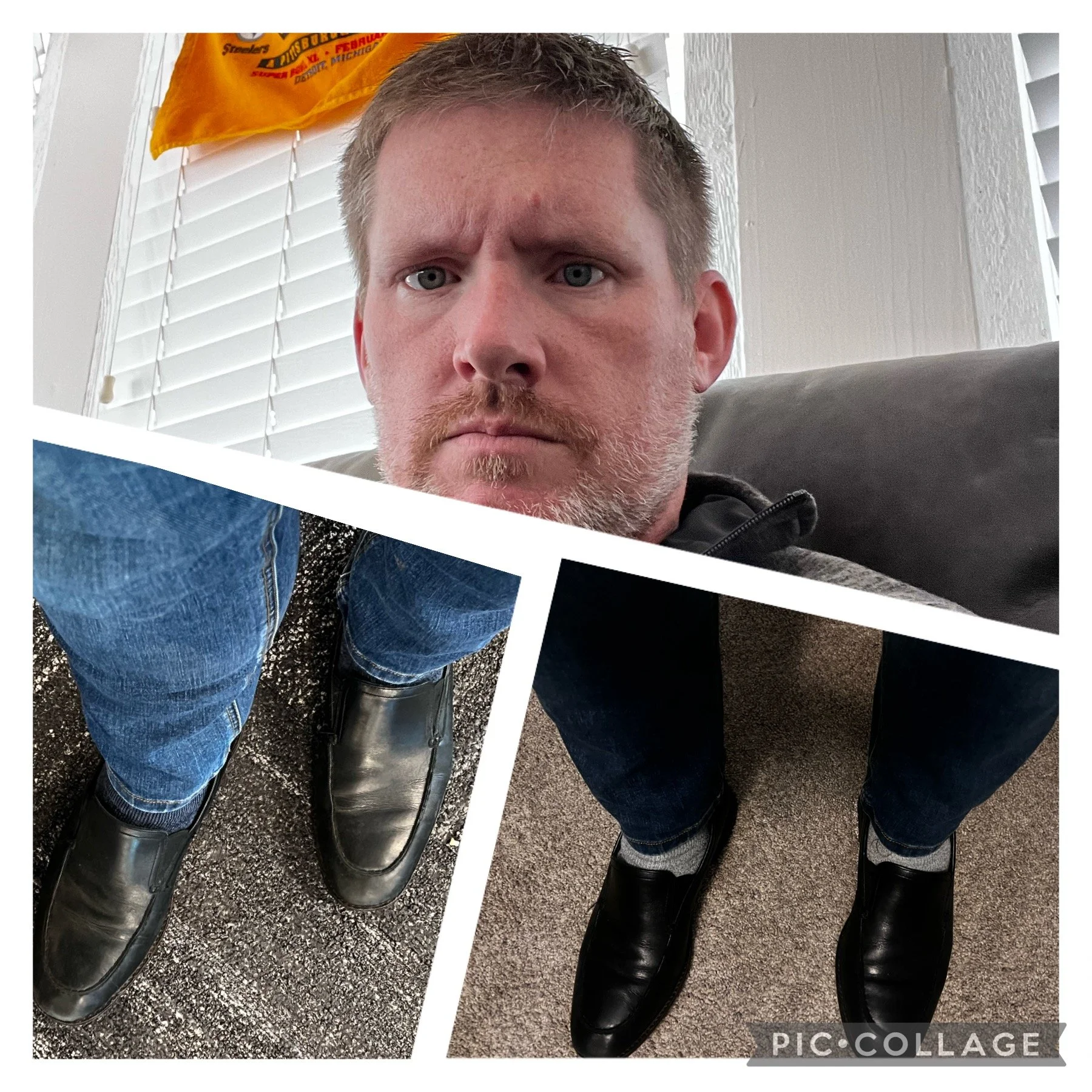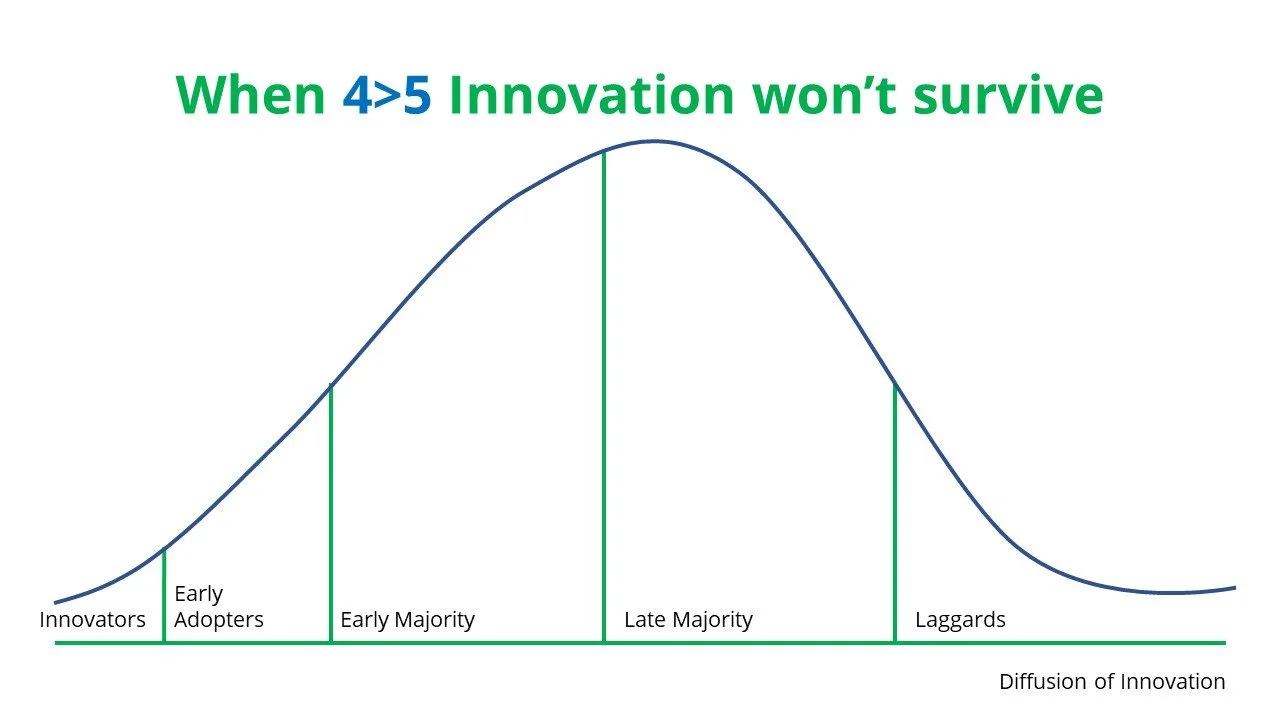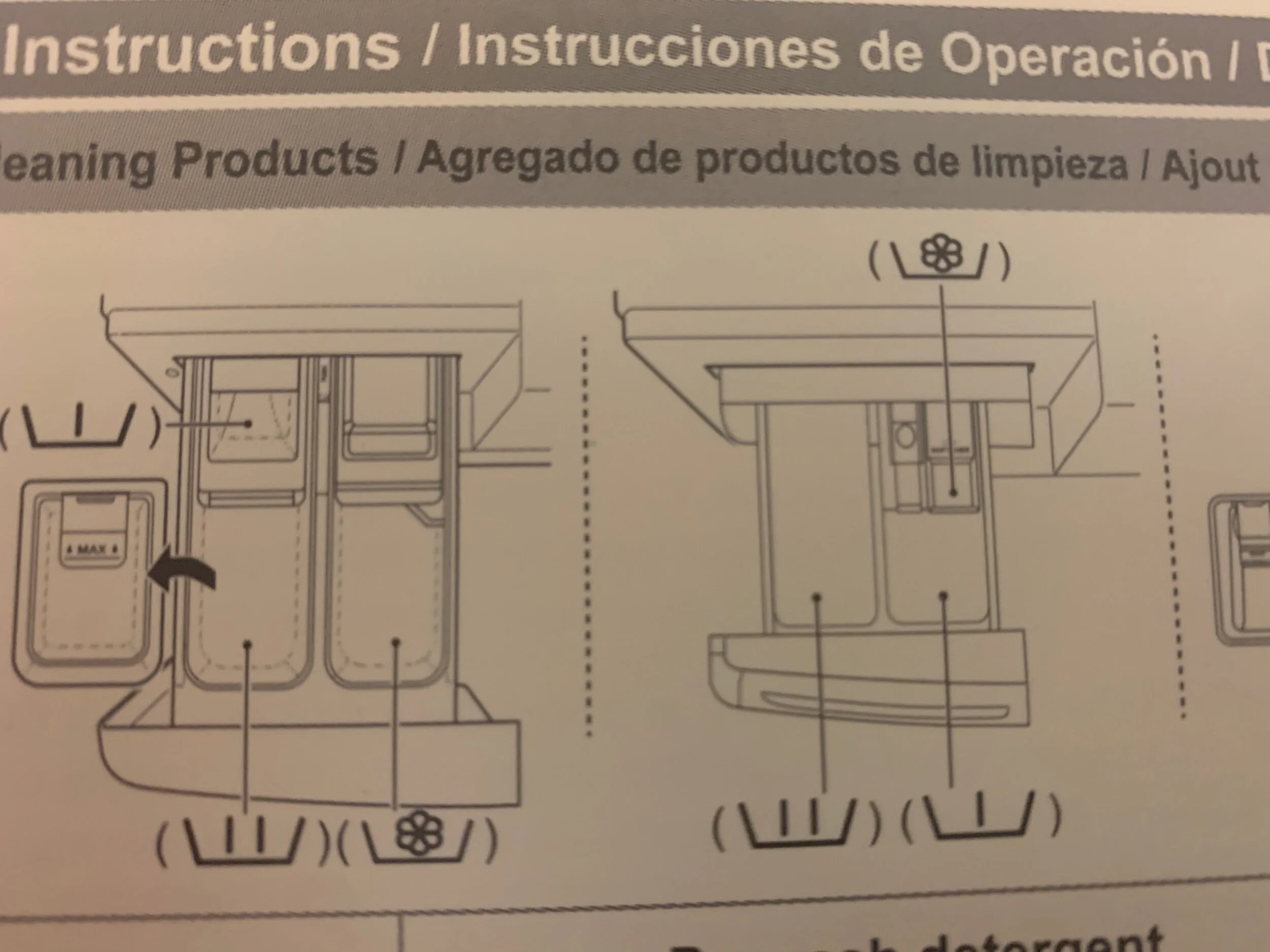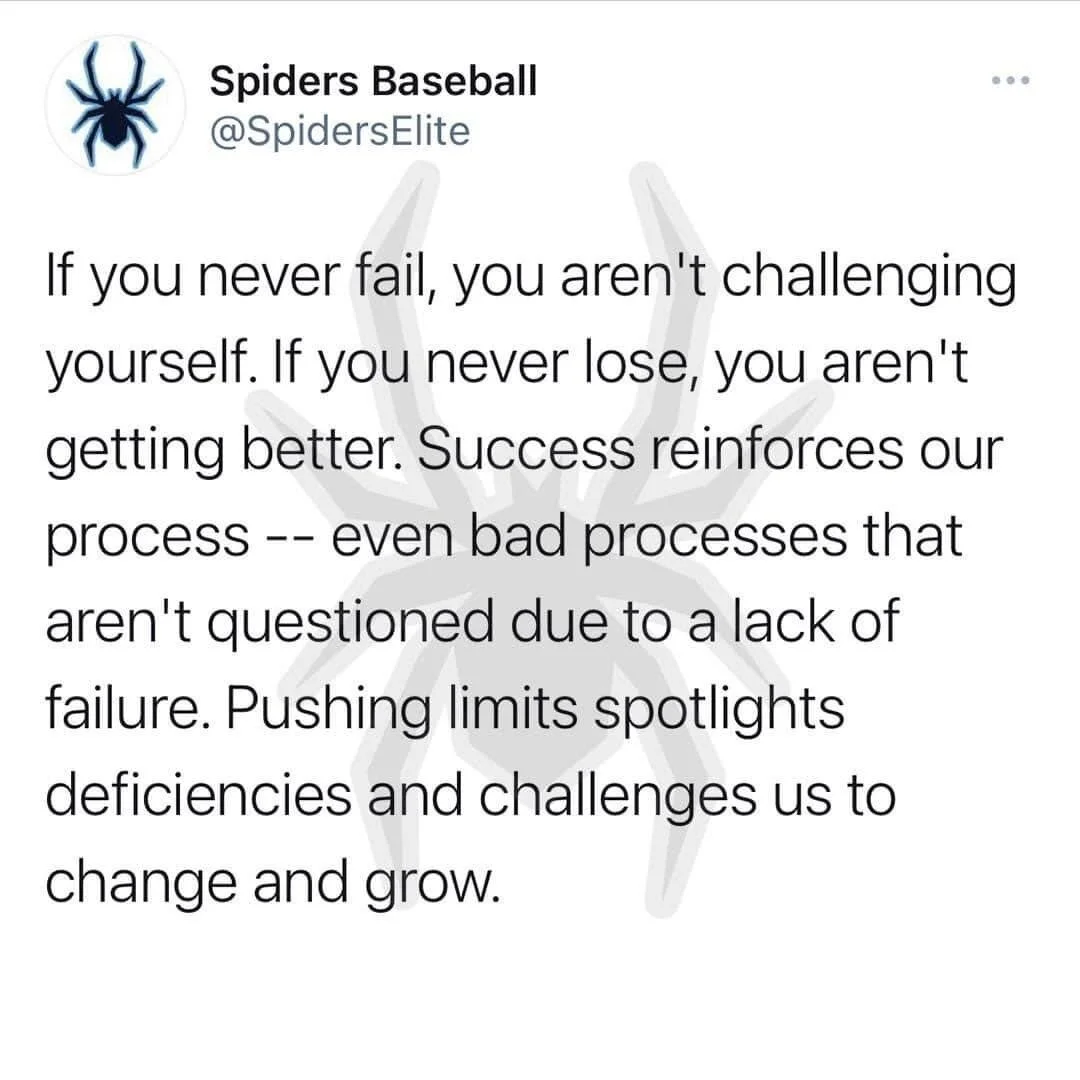
Think your relationships might need help?
Read The GENUINE Advantage and learn the framework for great relationships in any environment.
#1 New Release Buy on Amazon →Find yourself an effective truth teller
We need to find people who can point out our blind spots in an effective way. Here is what to look for.
Data Driven Decisions are Better
At work, in the absence of data, we will fall into the trap of letting an individual voice drive decisions. The voice is often accompanied by a bigger title or perceived expertise or a louder approach that enables them to “be heard” and get their way to win the decision. Why does this happen? Because without data preference and opinion determine what actions are taken (or not taken).
Data helps eliminate this approach leading to better outcomes. #discovery #data #decisions #datadriven
Using math to prove that innovation is challenging.
Getting innovation accepted and implemented is challenging for reasons numerous enough to fill an Amazon cart so I want to do us on just three concepts and how they intersect when innovation is brought to the table. What you may notice is how all of them are working to impede acceptance of the innovation. #innovation #successfulchange #innovationchallenges
Deciphering meaning through the noise of life
We are mostly all busy and overcommitted. Taking a pause and reflect approach to the messages we receive is more productive than jumping to wrong conclusions because you incorrectly decipher a message’s meaning. Take control of your reaction to avoid overreacting. This will lead to better outcomes.
A brief comparison of courage, mediocrity, and recklessness
I had a discussion the other day about the line between courage and recklessness. This conversation led me to conclude that it might be helpful to share brief generalizations on what it looks like to act courageously versus settle for mediocrity versus acting recklessly.
How to communicate simply but influence exquisitely
Effective communicators will rule the future. The mediums will change but the basic blocking and tackling (or scale for my musical friends) will stand the test of time. The best communicators share content in ways that bring others into the story. They are able to influence others into action by making sure the value is felt. They are willing to learn about and then be empathetic to the experience that others filter the message being shared through.
The Courage to be Intentional in a World of Amplification and Distraction
The books on culture, leadership, and success I read last year provided consistent advice for teams, leaders, and companies that want to be great. Get exceptionally good at knowing what the most important things are, talk about them constantly, execute against them flawlessly and measure success. The advice is basically: Be more intentional.
Life Lessons from the other side of moving part 2
In part one, I focused mostly on the personal impacts of moving, so in part two, I will talk about what I learned about getting work done. I learned a lot about executing and bringing a large project to life. In no particular order, here are five things that you can apply in life or on the job.
Life Lessons from the other side of moving (Part 1)
Having experienced the reality of barely surviving (more truth than hyperbole in that statement) the stress, discomfort, lack of control, and fatigue of moving. I on fully on board with the research that concludes the physical, mental and emotional demands of moving lead it to being one of the most stressful events in your life.
Falling in love with a process leads to death
So, although the process exists for a reason, and there may be parts of the process that are necessary because they enable you to follow the rules/laws, or they keep you/others safe or enable success today. The goal of your job is ALWAYS BIGGER than the process. I guarantee it. How can I do that? Because if the BIGGER thing didn’t exist, there would be no need for the process. The process exists to achieve the thing, not the other way around.
Guiding Principle: Challenge the Status Quo in a Persistent but Respectful Way
Change is hard but a requirement for long term sustainable success. It goes against human nature and business nature so you must be willing to be persistent in a respectful way as you challenge the status quo knowing what got you to here won’t get you to there.












